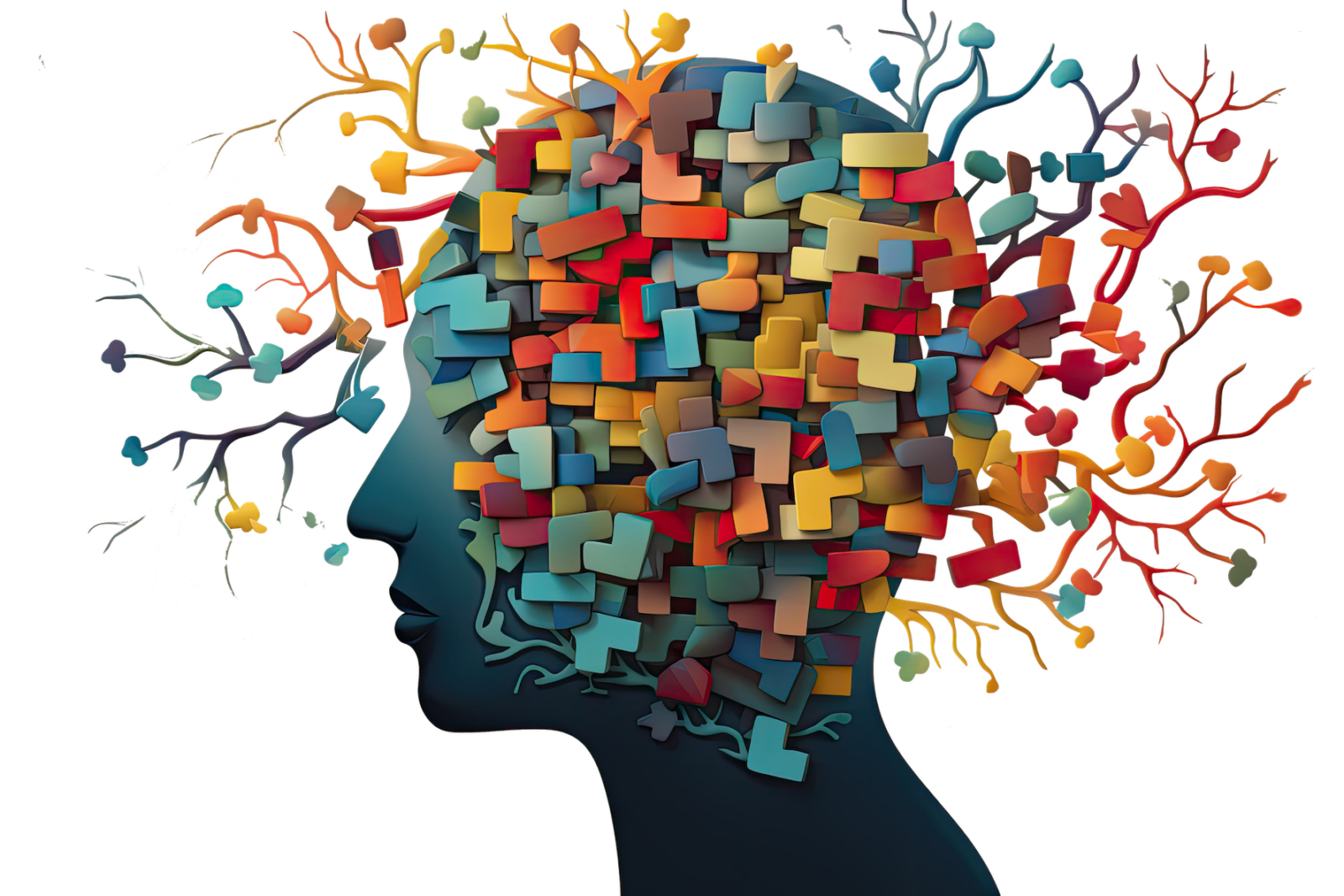Personality disorders are a group of mental health conditions characterized by enduring, inflexible, and maladaptive patterns of thinking, feeling, and behaving that deviate from cultural norms. These patterns are pervasive across many contexts, cause significant distress or impairment, and typically begin in adolescence or early adulthood, they are categorized into three clusters based on similar characteristics and symptoms:
-
Cluster A: Odd or Eccentric Disorders
-
Cluster B: Dramatic, Emotional, or Erratic Disorders
-
Cluster C: Anxious or Fearful Disorders
- Paranoid Personality Disorder: Characterized by pervasive distrust and suspiciousness of others, leading to interpreting others' motives as malevolent.
- Schizoid Personality Disorder: Involves detachment from social relationships and a restricted range of emotional expression.
- Schizotypal Personality Disorder: Marked by acute discomfort in close relationships, cognitive or perceptual distortions, and eccentric behavior.
- Antisocial Personality Disorder: Involves a disregard for, and violation of, the rights of others, lack of empathy, and often criminal behavior.
- Borderline Personality Disorder: Characterized by instability in interpersonal relationships, self-image, and emotions, along with marked impulsivity.
- Histrionic Personality Disorder: Involves excessive emotionality and attention-seeking behavior.
- Narcissistic Personality Disorder: Marked by grandiosity, need for admiration, and a lack of empathy for others.
- Avoidant Personality Disorder: Characterized by social inhibition, feelings of inadequacy, and hypersensitivity to negative evaluation.
- Dependent Personality Disorder: Involves a pervasive need to be taken care of, leading to submissive and clinging behavior.
- Obsessive-Compulsive Personality Disorder (OCPD): Marked by preoccupation with orderliness, perfectionism, and control, often at the expense of flexibility and efficiency.
Cluster A: Odd or Eccentric Disorders
Cluster B: Dramatic, Emotional, or Erratic Disorders
Cluster C: Anxious or Fearful Disorders
Cluster A: Odd or Eccentric Disorders
- Paranoid Personality Disorder: Characterized by pervasive distrust and suspiciousness of others, leading to interpreting others’ motives as malevolent.
- Schizoid Personality Disorder: Involves detachment from social relationships and a restricted range of emotional expression.
- Schizotypal Personality Disorder: Marked by acute discomfort in close relationships, cognitive or perceptual distortions, and eccentric behavior.
Cluster B: Dramatic, Emotional, or Erratic Disorders
- Antisocial Personality Disorder: Involves a disregard for, and violation of, the rights of others, lack of empathy, and often criminal behavior.
- Borderline Personality Disorder: Characterized by instability in interpersonal relationships, self-image, and emotions, along with marked impulsivity.
- Histrionic Personality Disorder: Involves excessive emotionality and attention-seeking behavior.
- Narcissistic Personality Disorder: Marked by grandiosity, need for admiration, and a lack of empathy for others.
Cluster C: Anxious or Fearful Disorders
- Avoidant Personality Disorder: Characterized by social inhibition, feelings of inadequacy, and hypersensitivity to negative evaluation.
- Dependent Personality Disorder: Involves a pervasive need to be taken care of, leading to submissive and clinging behavior.
- Obsessive-Compulsive Personality Disorder (OCPD): Marked by preoccupation with orderliness, perfectionism, and control, often at the expense of flexibility and efficiency.
The prognosis for individuals with personality disorders varies. With appropriate treatment, many individuals can manage symptoms and lead fulfilling lives, though the chronic nature of these disorders means that treatment is often long-term. Early intervention can improve outcomes.




